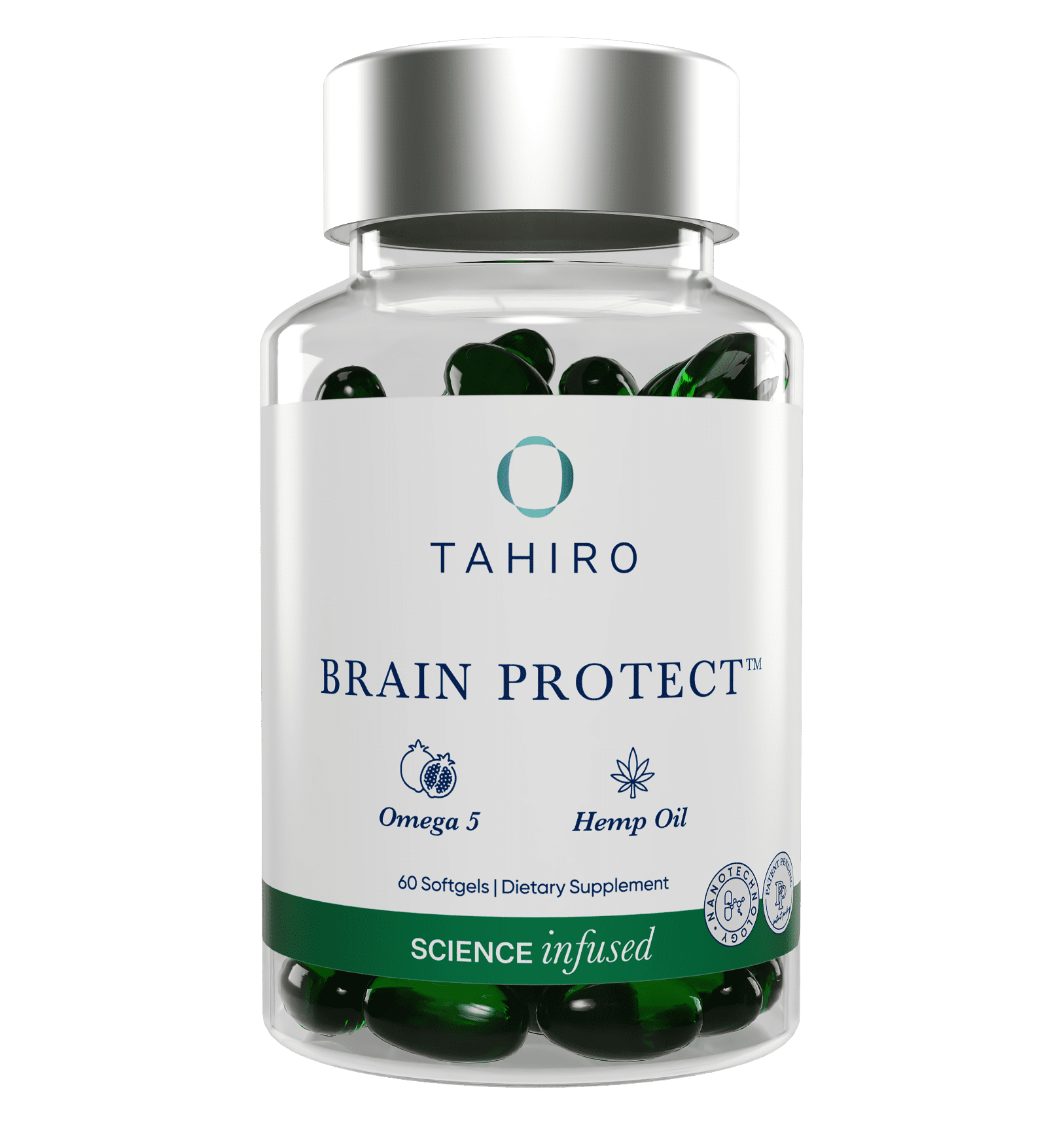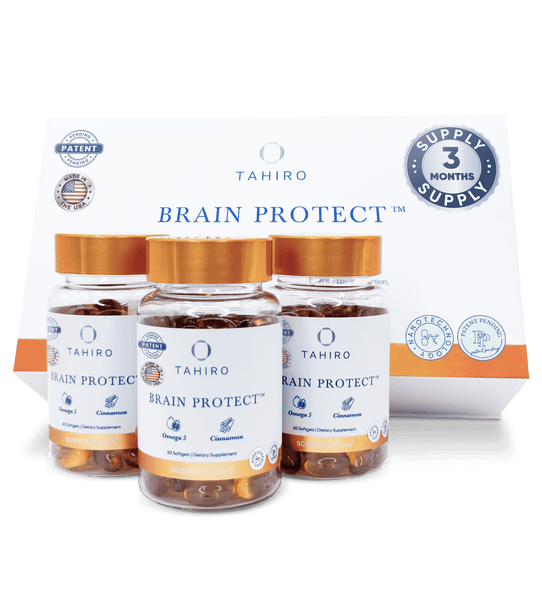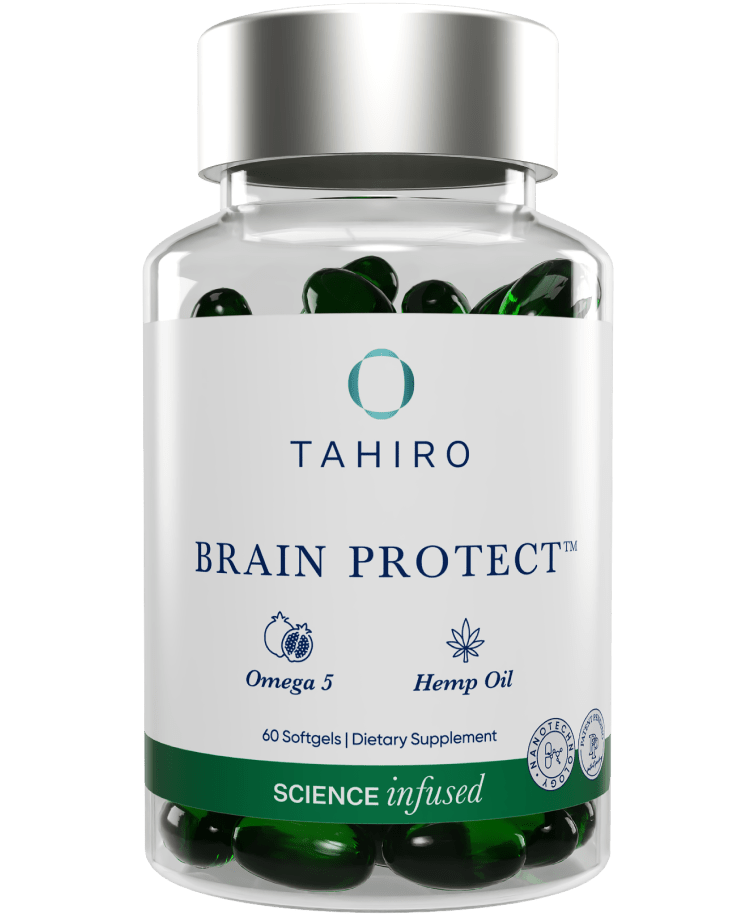Besides reminding you of the holidays, cinnamon is a highly beneficial spice. And, thanks to its versatility, you can use it in sweet and savory dishes. There are different types of cinnamon (Ceylon and Cassia), each with unique properties.
But besides finding different varieties, you can also find different presentations of cinnamon. Two common options are cinnamon oil and cinnamon extract. While they share similar properties, they vary in flavor and cooking temperature.
In this article, we’ll compare cinnamon oil vs. cinnamon extract. We’ll determine the health benefits of cinnamon and the similarities and differences between cinnamon oil and extract.
What Is Cinnamon Oil?
Cinnamon oil (1) comes from the bark or the leaves of the cinnamon tree. While cinnamon oil might come from different types of cinnamon, the most commonly used is Cassia cinnamon.
Since it’s a concentrated version of cinnamon, it has quite a strong flavor. In fact, people say it is four to ten times stronger than regular cinnamon.
What Is Cinnamon Extract?
Cinnamon extract, also known as cinnamon essence, is created by infusing cinnamon sticks in alcohol. The alcohol extracts the key components of the cinnamon and concentrates them in the solution.
One of its biggest benefits is that alcohol not only helps extract all the medicinal properties of cinnamon but it also acts as a preserving agent. As a result, it can have a very long shelf life.
Health Benefits of Cinnamon
Cinnamon offers several health benefits. Here are some possible benefits you may obtain by including cinnamon oil or extract.
- High in antioxidants. Cinnamon is high in antioxidants, which can help reduce free radicals and decrease inflammation. According to research (2), cinnamon can help reduce inflammatory markers.
-
Improved heart health. Research shows that cinnamon can help reduce triglycerides, cholesterol, and blood sugar levels, improving heart health (3).
- Better insulin sensitivity. Insulin is a hormone secreted by the pancreas that helps regulate blood sugar levels. Evidence suggests (4) that cinnamon can help improve insulin sensitivity and decrease the risk of metabolic syndrome and type 2 diabetes.
-
Improved immune function. It seems that cinnamon has antibacterial, antiviral, and antimicrobial properties (5), providing extra protection against external agents that may cause harm. '
-
Boosts cognitive function. Studies (6) seem to suggest that cinnamon can help improve cognitive function thanks to some of its components, such as eugenol, cinnamaldehyde, and cinnamic acid. It may also help reduce the risk of mental issues like Alzheimer’s disease.

Cinnamon Oil vs. Cinnamon Extract
In order to choose the best option, it’s essential to understand the differences between cinnamon oil vs. extract.
Similarities
- Both options are concentrated versions of cinnamon.
- You can use both of them for cooking.
- They have a strong cinnamon flavor.
- Since they contain cinnamon, they have the same health benefits.
- Both should be stored in a cool place away from direct sunlight.
Differences
-
Cinnamon oil has a stronger flavor than cinnamon extract.
-
Besides cooking, cinnamon oil is often used in aromatherapy.
-
Cinnamon extract is better for cooking cakes, pies, ice cream, and cookies. On the other hand, cinnamon oil is better for making candy.
Are Cinnamon Oil and Cinnamon Extract The Same?
Cinnamon oil and cinnamon extract are not the same thing. While both options use cinnamon as their main ingredient, they are dissolved in different solutions (one in alcohol and the other in oil). As a result, they are used in different cooking preparations. Also, cinnamon oil is more concentrated than cinnamon extract, resulting in a stronger flavor.
However, they both contain the same health benefits attributed to cinnamon, such as decreased blood glucose levels, improved brain function, and enhanced immune function.








